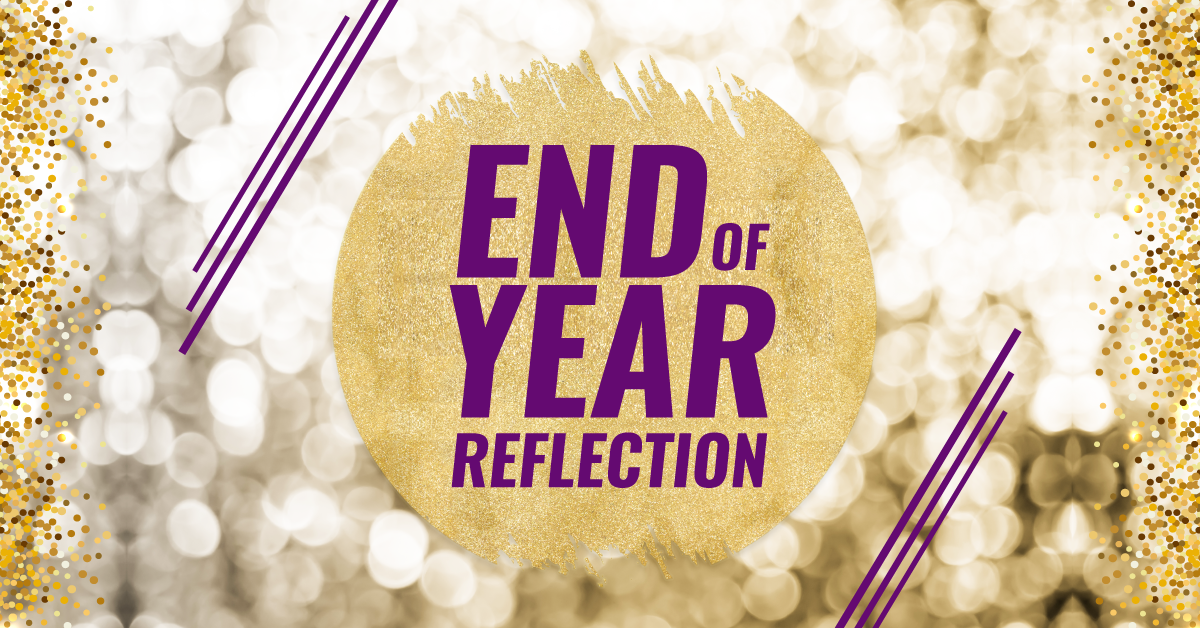Drama Class Exercise: Poll Your Class
I’ve got so much to say / if only you would listen!
That’s one of my favourite lyrics from School of Rock: The Musical. Students truly wish to be heard, and as teachers, it’s our responsibility to not only impart learning to our students, but to encourage them to explore, shape, and voice their opinions and thoughts. On top of that, it’s our responsibility to ensure that our students are indeed heard.
What better way to find out exactly what your students want than to ask them directly? While we teachers do have to adhere to the assigned curriculum, we must try to find some flexibility to include topics, exercises, and scripts/shows that our students express interest in. Allowing students to have a say in what they’re studying gives them the opportunity to take real ownership of the material.
This series of open-ended “Top 5” list prompts can be used in a variety of ways:
- Students can fill out the entire sheet individually as a class handout. From there, students can discuss their thoughts and ideas in small groups or as a full class. Or, you can compare the answers and put the results together in a graph or chart (for example: “Top 5 Results for the Class’s Favourite Musical” or “Most Popular Wish-List Plays in Ms. Smith’s Grade 10 Drama Class”). That way, students can see if their answers are similar to their peers’ answers.
- The topics can be used separately, as a start-of-class bellwork topic,
- Or, as the basis of a post-class reflection topic.
- Also, they can be used as full class brainstorm and discussion topics, or as prompts for students’ essays or opinion pieces.
If you are using the questions as a true poll, the results of the poll can be used for determining what direction the drama class will take in that semester, or for figuring out what the drama club’s (or entire school’s) next production will be. The answers could also be used to shape drama curriculums or show choices for future years–how exciting for students to be able to have a say in the future of their drama education!
The important thing for students to note is once they have listed up to five choices per topic, they need to be able to explain the “WHY” of their answers. Why should we study this topic in class? Why is this musical one of your favourites? Being able to explain the “WHY” is a skill that is so important for students to practice–they will be articulating their thoughts and opinions on tons of topics for the rest of their lives. That’s one of the wonderful things about drama class–the skills they are practicing (even those that don’t necessarily seem “theatrical,” like filling out a “Top 5” questionnaire) are transferable to so many different areas in the future.
Conversely, if your students lack the background knowledge of shows they like, or don’t express many (or any) wishes of what to study, this can still be useful to you. These students are blank slates, and there is a real opportunity for the teacher to help guide them towards areas of interest in drama. Perhaps do a weekly introductory workshop in various types of theatrical styles for your students.
Once the students have had their say, it’s up to you to use the valuable information they have given you. If your students express an interest in mime work, then use that as a direction for your class. If the students want to jump right into a production, use that as a goal–explain the steps needed for them to get to that point, and then work towards it. Together, by listening to and learning from each other, you and your students have the ability to make some real magic in the drama classroom!



